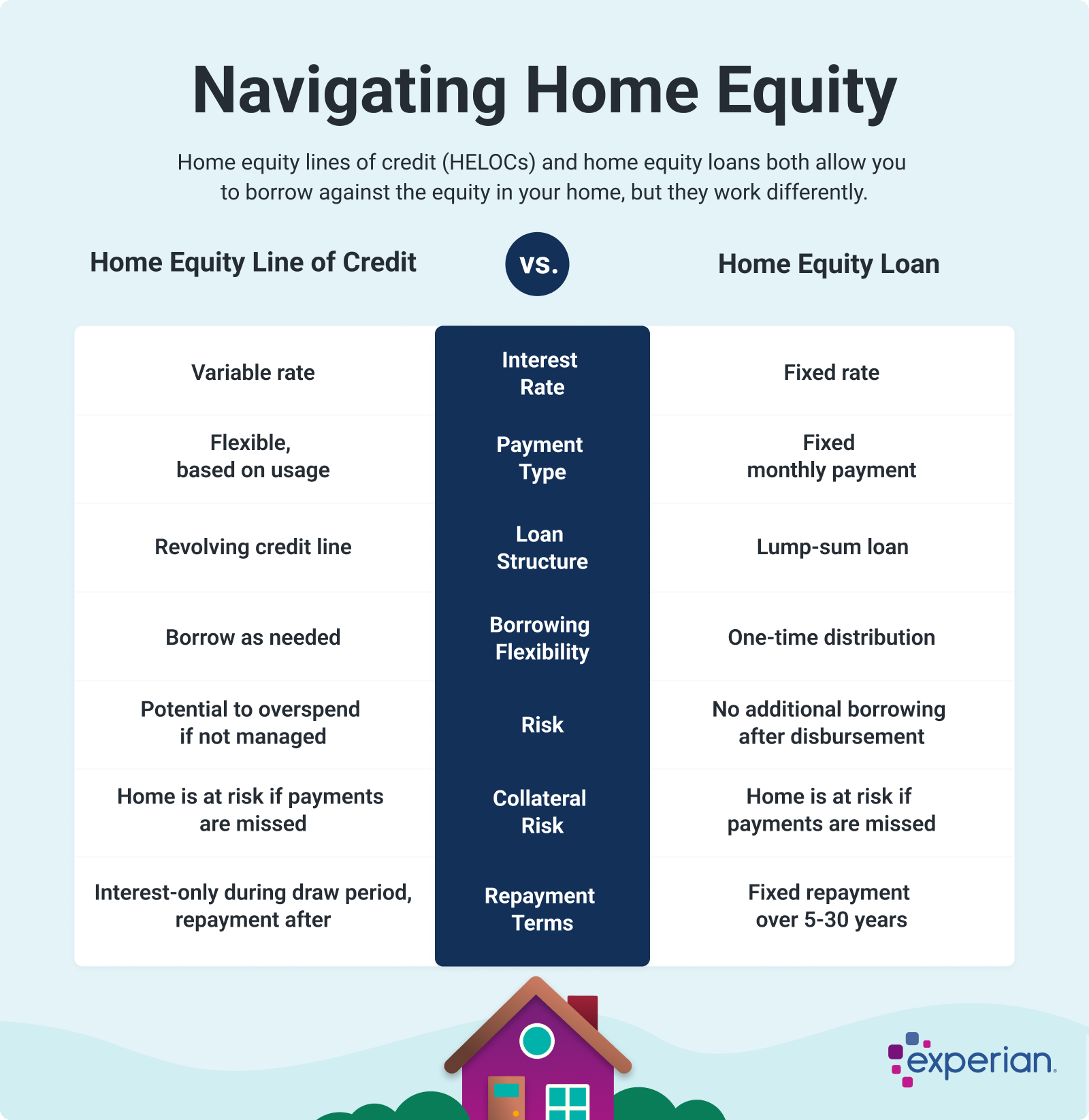How Equity Release Mortgages Can Impact Your Financial Future and Retirement Program
Equity Release mortgages present both opportunities and challenges for people preparing their economic futures and retirement. They can supply instant liquidity, reducing the concern of living expenditures. Nevertheless, these items likewise lessen the worth of estates, impacting inheritance for heirs. Recognizing the nuances of equity Release is essential. As individuals explore their alternatives, they need to consider the wider ramifications on their financial well-being and tradition. What choices will they encounter in this complex landscape?
Comprehending Equity Release Mortgages: What You Required to Know

Types of Equity Release Products Available
Equity Release items can be found in numerous types, satisfying different requirements and preferences of homeowners. Both primary kinds are life time home mortgages and home reversion plans.Lifetime mortgages permit home owners to obtain versus their home while retaining ownership. The loan, plus rate of interest, is usually repaid upon fatality or when the home is offered. This alternative gives versatility and enables continued residence in the home.Conversely, home reversion intends involve marketing a section of the property to a supplier for a swelling sum or routine settlements. The property owner maintains the right to stay in the home until they die, yet the provider gains ownership of the offered share.Both products have distinct benefits and factors to consider, making it essential for people to evaluate their economic situations and lasting objectives before continuing. Recognizing these alternatives is crucial for informed decision-making regarding equity Release.
How Equity Release Can Give Financial Alleviation in Retirement

Immediate Cash Money Gain Access To
Many retirees encounter the challenge of handling repaired earnings while navigating rising living expenses, making instant cash accessibility a vital factor to consider. Equity Release home loans supply an efficient solution, permitting property owners to access the worth of their residential properties without the need to market. This monetary mechanism enables retirees to access a round figure or regular repayments, providing them with the required funds for daily costs, unexpected costs, or perhaps pastime. By touching into their home equity, senior citizens can reduce financial tension, preserve a comfy way of living, and maintain their cost savings for emergencies. Immediate cash gain access to via equity Release not just boosts financial versatility yet likewise encourages retired people to enjoy their retirement years with greater assurance, totally free from immediate monetary restrictions.
Financial Obligation Combination Benefits
Accessing prompt cash money can substantially boost a retiree's economic situation, yet it can likewise function as a calculated device for managing present financial obligations. Equity Release home mortgages offer an opportunity for senior citizens to touch right into their home equity, offering funds that can be utilized to settle high-interest debts. By repaying these debts, senior citizens might decrease month-to-month economic concerns, enabling a much more convenient budget. This strategy not only streamlines financial resources but can also enhance general financial stability. In addition, the cash obtained can be allocated towards vital costs or investments, better sustaining retired life strategies. Inevitably, using equity Release for financial obligation loan consolidation can cause substantial long-lasting financial relief, making it possible for retirees to enjoy their gold years with higher comfort.
The Impact of Equity Release on Inheritance and Estate Planning
The decision to use equity Release can considerably alter the landscape of inheritance and estate planning for people and their family members. By accessing a portion of their home's worth, homeowners may considerably lower the equity readily available to hand down to successors. This choice can create an intricate dynamic, as people have to evaluate prompt economic requirements against lasting heritage goals.Moreover, the funds launched with equity can be used for numerous purposes, such as boosting retirement way of livings or covering unforeseen expenses, but this usually comes at the cost of future inheritance. Households may deal with challenging discussions concerning assumptions and the effects of equity Release on their economic legacy.Additionally, the commitments connected to equity Release, such as payment problems and the capacity for decreasing estate value, require careful factor to consider. Eventually, equity Release can improve not only monetary scenarios however likewise family relationships weblink and assumptions bordering inheritance.
Tax Obligation Ramifications of Equity Release Mortgages
The tax obligation ramifications of equity Release home loans are crucial for homeowners considering this option. Specifically, funding gains tax obligation and estate tax can significantly affect the monetary landscape for individuals and their successors (equity release mortgages). Understanding these considerations is vital for efficient monetary planning and management
Resources Gains Tax Obligation Factors To Consider
While equity Release mortgages can provide property owners with prompt financial relief, they likewise lug possible tax effects that have to be very carefully thought about. One essential element is funding gains tax (CGT) When a homeowner launches equity from their building, they might encounter CGT if the home worth increases and they make a decision to sell it in the future. The gain, which is calculated as the distinction between the marketing cost and the original purchase rate, goes through tax. Nevertheless, homeowners can take advantage of the primary house alleviation, which might exempt a section of the gain if the building was their main home. Understanding these nuances is crucial for house owners planning their monetary future and examining the long-lasting influence of equity Release.
Estate Tax Implications
Thinking about the possible effects of inheritance tax obligation is essential for homeowners selecting equity Release home loans. When home owners Release equity from their building, the quantity withdrawn may influence the worth of their estate, possibly boosting their inheritance tax liability. In the UK, estates valued over the nil-rate band threshold go through estate tax at 40%. As a result, if a property owner uses equity Release to fund their retired life or various other expenses, the remaining estate might significantly decrease, influencing recipients. In addition, homeowners ought to consider the timing of equity Release, as very early withdrawals might cause greater tax ramifications upon fatality. Understanding these factors is important for reliable estate preparation and guaranteeing that recipients obtain their designated heritage.
Assessing the Dangers and Benefits of Equity Release
Equity Release can use significant monetary advantages for home owners, yet it is important to examine the associated dangers before continuing. Among the primary advantages is the ability to access tax-free cash, allowing individuals to money their retirement, make home enhancements, or help relative financially. The ramifications on inheritance are substantial, as releasing equity minimizes the value of the estate passed on to heirs.Additionally, passion prices on equity Release products can be greater than conventional mortgages, leading to enhanced financial obligation over time. Home owners have to likewise take into consideration the potential influence on means-tested advantages, as accessing funds might impact eligibility. The intricacy of equity Release products can make it challenging to comprehend their long-term implications fully. Consequently, while equity Release can give immediate monetary relief, a comprehensive assessment of its risks and advantages is vital for making well-informed decisions regarding one's financial future
Making Educated Decisions Regarding Your Financial Future
Homeowners face a this hyperlink plethora of selections when it involves managing their financial futures, particularly after contemplating choices like equity Release. Informed decision-making is important, as these choices can considerably affect retired life plans and total monetary health. Homeowners must start by extensively investigating the effects of equity Release, consisting of prospective impacts on inheritance and future treatment prices. Involving with economic experts can provide individualized understandings, allowing individuals to recognize the long-lasting consequences of their decisions.Moreover, house owners should take into consideration alternate options, such as scaling down or various other types of funding, to figure out the most suitable course. Examining one's economic situation, consisting of financial debts and properties, is crucial for making a versatile choice. Eventually, a careful analysis of all readily available options will empower house owners to navigate their financial futures with confidence, ensuring they align with their retired life goals and individual goals.
Often Asked Concerns
Can I Still Move Home if I Have an Equity Release Mortgage?
The individual can move home with an equity Release home mortgage, however must comply with certain lender conditions. This commonly entails settling the existing mortgage, which could impact their economic situation and future plans.
Just How Does Equity Release Influence My State Benefits Eligibility?
Equity Release can influence state advantages qualification by raising assessable income or funding. Subsequently, people may experience reductions in advantages such as Pension plan Debt or Real estate Advantage, potentially affecting their overall financial support throughout retirement.
What Takes place if I Outlive My Equity Release Strategy?
If an individual outlasts their equity Release plan, the home loan normally stays essentially up until their passing or moving right into long-term treatment. The estate will certainly be accountable for working out the financial obligation from the residential property's worth.
Can I Repay My Equity Release Home Mortgage Early?
Paying off an equity Release home mortgage very early is generally possible yet might involve costs or charges. Borrowers ought to consult their lender for certain terms, as each strategy varies in problems concerning very early settlement alternatives.
Are There Age Limitations for Obtaining Equity Release?
Equity Release typically imposes age constraints, often requiring candidates to be a minimum of 55 or 60 years of ages. These limitations guarantee that people are approaching retired life, making the scheme more suitable for their monetary circumstance.
Final thought
In summary, equity Release mortgages provide a potential monetary lifeline for senior citizens, supplying prompt money accessibility to improve high quality of life. They come with considerable considerations, including effects on inheritance, estate preparation, and tax obligation liabilities. Thoroughly reviewing the advantages and threats is essential for making certain that such choices align with long-term financial goals. Consulting with a monetary consultant can help individuals browse these intricacies, inevitably sustaining a much more safe and informed financial future. Equity Release home loans are economic items designed for house owners, usually aged 55 and over, allowing them to access the equity tied up in their residential or commercial property. Equity Release mortgages offer a chance for retirees to tap right into their home equity, using funds that can be used to combine high-interest financial obligations. Families might encounter challenging conversations regarding expectations and the effects of equity Release on their financial legacy.Additionally, the responsibilities connected to equity Release, such as payment conditions and the capacity for diminishing estate value, need careful factor to consider. While equity Release mortgages can supply homeowners with prompt financial alleviation, image source they also carry potential tax ramifications that have to be carefully thought about. The effects on inheritance are considerable, as releasing equity minimizes the value of the estate passed on to heirs.Additionally, rate of interest rates on equity Release items can be greater than conventional mortgages, leading to boosted debt over time.